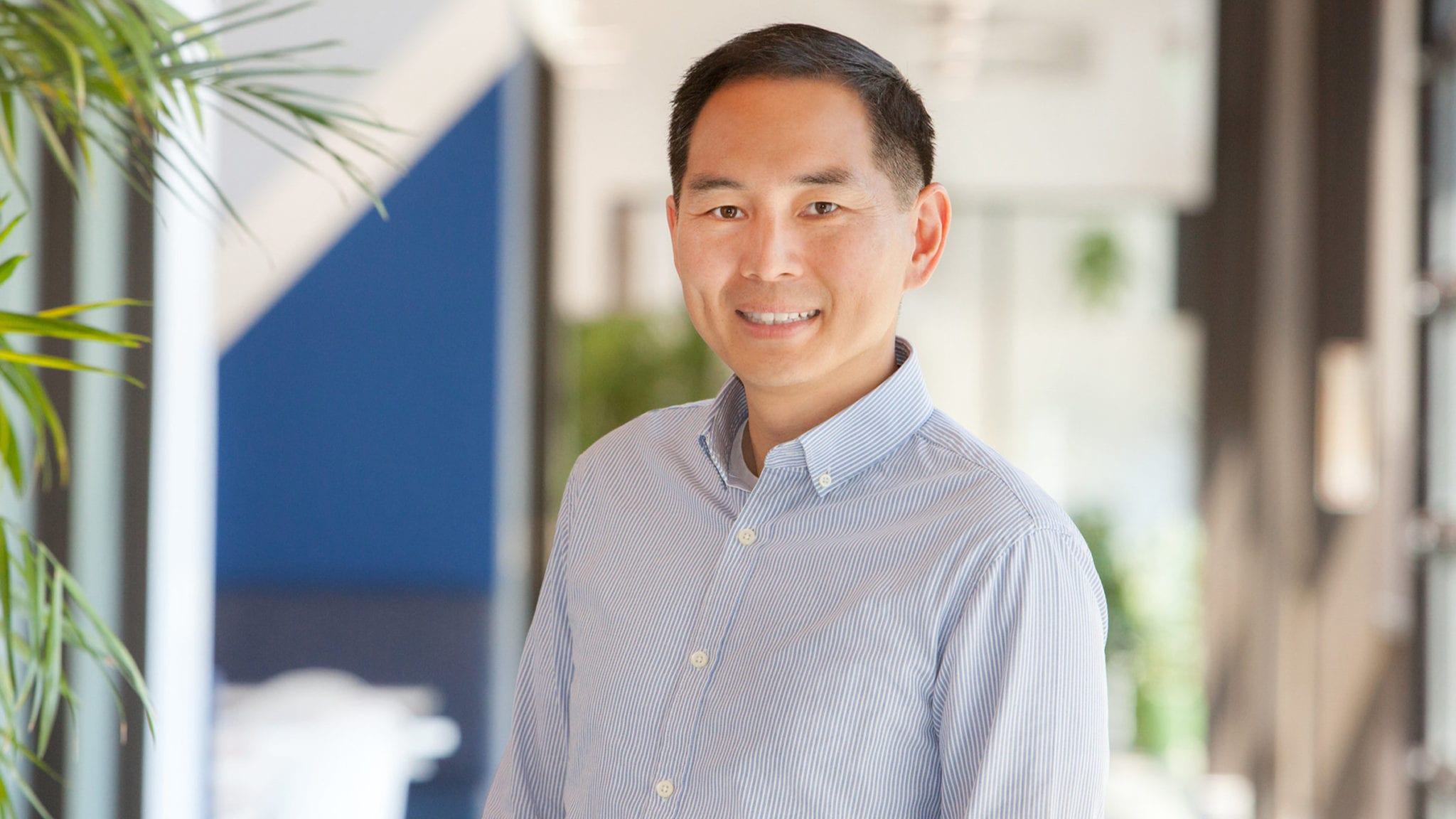
Ken Song, RayzeBio CEO
Just shy of its 1-year anniversary, radiopharmaceuticals platform play RayzeBio bags another megaround
Perhaps they should have called it RaiseBio.
Not even a full year post-launch, RayzeBio’s radiopharmaceuticals platform has hooked yet another $100 million-plus raise, and …
Sign up to read this article for free.
Get free access to a limited number of articles, plus choose newsletters to get straight to your inbox.